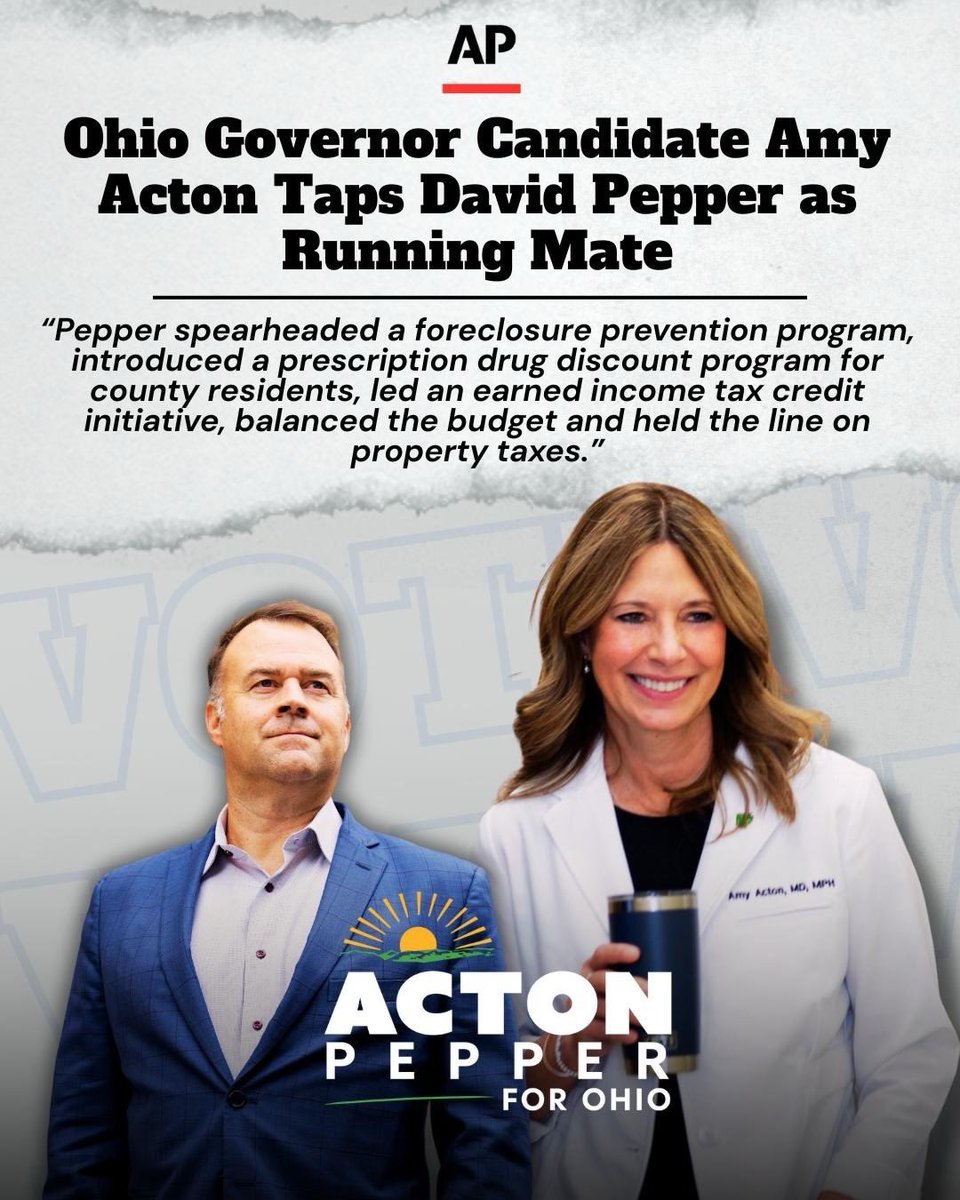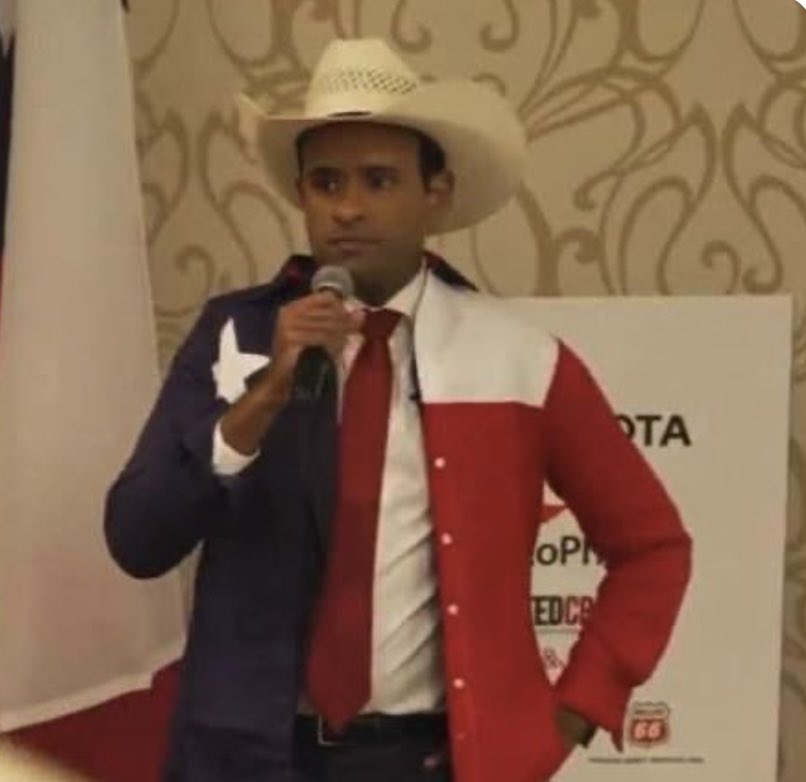THREAD
For two years, Frank Larose has engaged in a charade.
A game.
He has said he WANTS to allow voters to request absentee ballots online, but....that Ohio law doesn't allow him to.
If only the legislature would do it's job, he said, he would allow online applications
1/
For two years, Frank Larose has engaged in a charade.
A game.
He has said he WANTS to allow voters to request absentee ballots online, but....that Ohio law doesn't allow him to.
If only the legislature would do it's job, he said, he would allow online applications
1/
He said this every time this came up.
Here's one example: "Ohio's elections chief LaRose says he needs lawmakers' approval to move forward with online ballot requests."
2/
cincinnati.com/story/news/202…
Here's one example: "Ohio's elections chief LaRose says he needs lawmakers' approval to move forward with online ballot requests."
2/
cincinnati.com/story/news/202…
Here he said it again: "he even agrees with several of the changes proposed. But, despite advocates’ insistence to the contrary, LaRose does not feel he has the authority to take these actions unilaterally..."
3/
ohiocapitaljournal.com/2020/08/05/ele…
3/
ohiocapitaljournal.com/2020/08/05/ele…
On online applications: "LaRose agrees on this issue, but has resisted taking action by himself."
4/
ohiocapitaljournal.com/2020/08/05/ele…
4/
ohiocapitaljournal.com/2020/08/05/ele…
We got so tired of hearing this false excuse for LaRose not doing his job (nothing in OH law prevents online applications) we took him to court
We went to court to prove that he has the authority to do something he says he wants to do
And we won
5/
cleveland.com/open/2020/09/j…
We went to court to prove that he has the authority to do something he says he wants to do
And we won
5/
cleveland.com/open/2020/09/j…
So of course, LaRose appealed immediately.
And yesterday, we received an appellate ruling.
Let me clear, we didn't receive the immediate relief we sought. That is disappointing.
But on the fundamental question that brought us to court in the first place?
6/
And yesterday, we received an appellate ruling.
Let me clear, we didn't receive the immediate relief we sought. That is disappointing.
But on the fundamental question that brought us to court in the first place?
6/
On this two-year narrative by LaRose that Ohio law has kept him from implementing online applications?
The Court agreed with us: “Having reviewed R.C. 3509.03, we find the plain language of the General Assembly does not prohibit qualified electors from making a written..."
7/
The Court agreed with us: “Having reviewed R.C. 3509.03, we find the plain language of the General Assembly does not prohibit qualified electors from making a written..."
7/
"...absentee ballot application to the county director of elections by email or fax or otherwise.”"
The law is not the problem, the Court is confirming.
Then later: “Nothing in this determination should be read as limiting the secretary from, in an exercise..."
8/
The law is not the problem, the Court is confirming.
Then later: “Nothing in this determination should be read as limiting the secretary from, in an exercise..."
8/
"...of his reasonable discretion, implementing R.C. 3509.03 to permit methods of delivery other than mail or in-person should the circumstances warrant it.”
Again, the court is saying LaRose can DO online or electronic applications if he wants to. It's up to him.
9/
Again, the court is saying LaRose can DO online or electronic applications if he wants to. It's up to him.
9/
So LaRose wasted two years telling the state he couldn't implement a 21st century system many other states have implemented, when it fact he could have done so all along.
He's been wrong the entire time, requiring voters to print, mail and put stamps on these applications
10/
He's been wrong the entire time, requiring voters to print, mail and put stamps on these applications
10/
Our only hope now is that after yesterday's ruling, he can finally stop pretending the law is an obstacle here, and he can start doing what so many other states have been doing without problems.
He's wasted enough time on this already.
Please get to work.
END
He's wasted enough time on this already.
Please get to work.
END
• • •
Missing some Tweet in this thread? You can try to
force a refresh
















